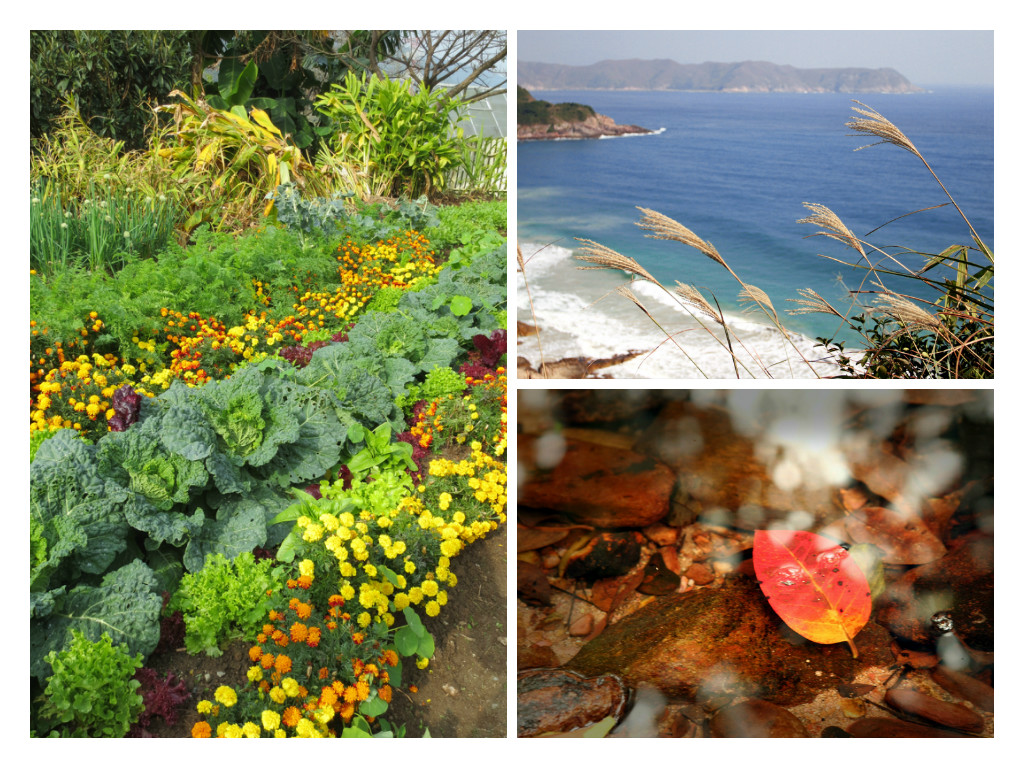

In recent decades the Earth has been losing natural ecosystems, species and genetic diversity on a scale not seen since the great prehistoric mass-extinctions, and this is happening at a rapid pace. This loss is caused by many factors, including overharvesting of nature (especially trees and larger animals), urban expansion, pollution, erosion and sedimentation, the spread of commercial forestry, mining and agriculture, human recreational activities, climate change, invasive species and other habitat modifications. Biodiversity loss does not just mean losing the big, spectacular creatures, like tigers, gibbons and elephants that are often the first to disappear from the landscape. Today, much of the land has even lost its micro-diversity: the overlooked array of life in its soil. While such losses are sometimes rationalised as an unavoidable consequence of “development” they are really the opposite – the squandering of the natural capital on which our wellbeing depends.
While there will be trade-offs between conserving biodiversity and meeting immediate human needs, our first duty must be to ensure that ecosystems can function and continue to give us the wealth of services we need – the provisioning, regulating and cultural services. This means halting our depletion of nature, healing damaged landscapes, and reviving populations of endangered species. It also means restoring our reverence for the myriad life-forms, and the complex, inter-linked systems to which we belong. We must realise that we are nature and what we do to nature we do to ourselves. We must live our lives in harmony with nature.

